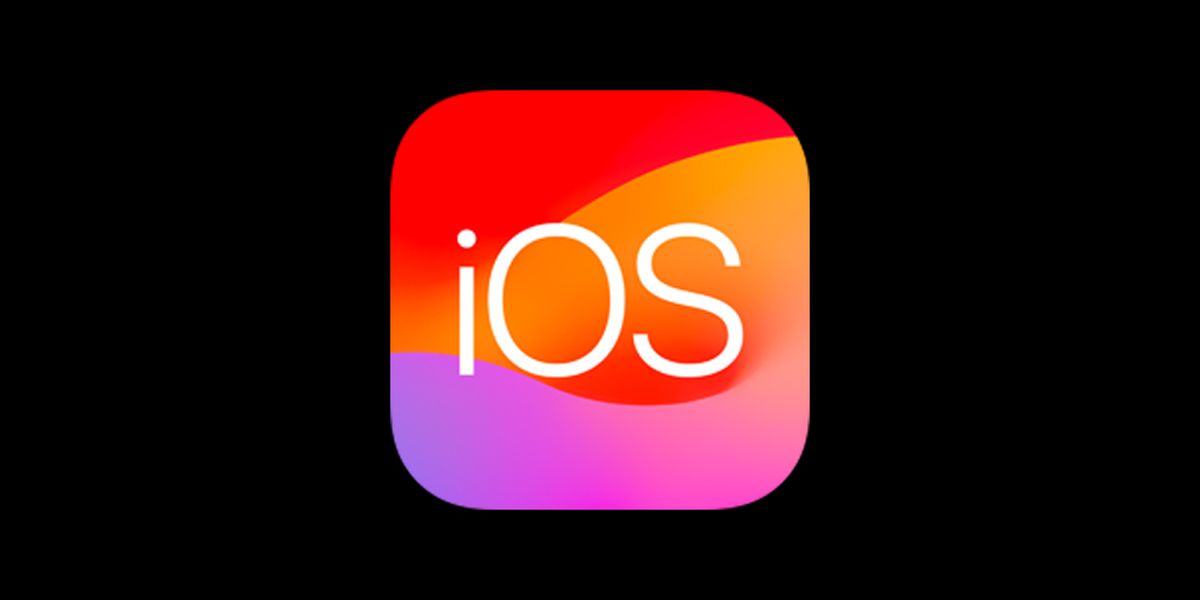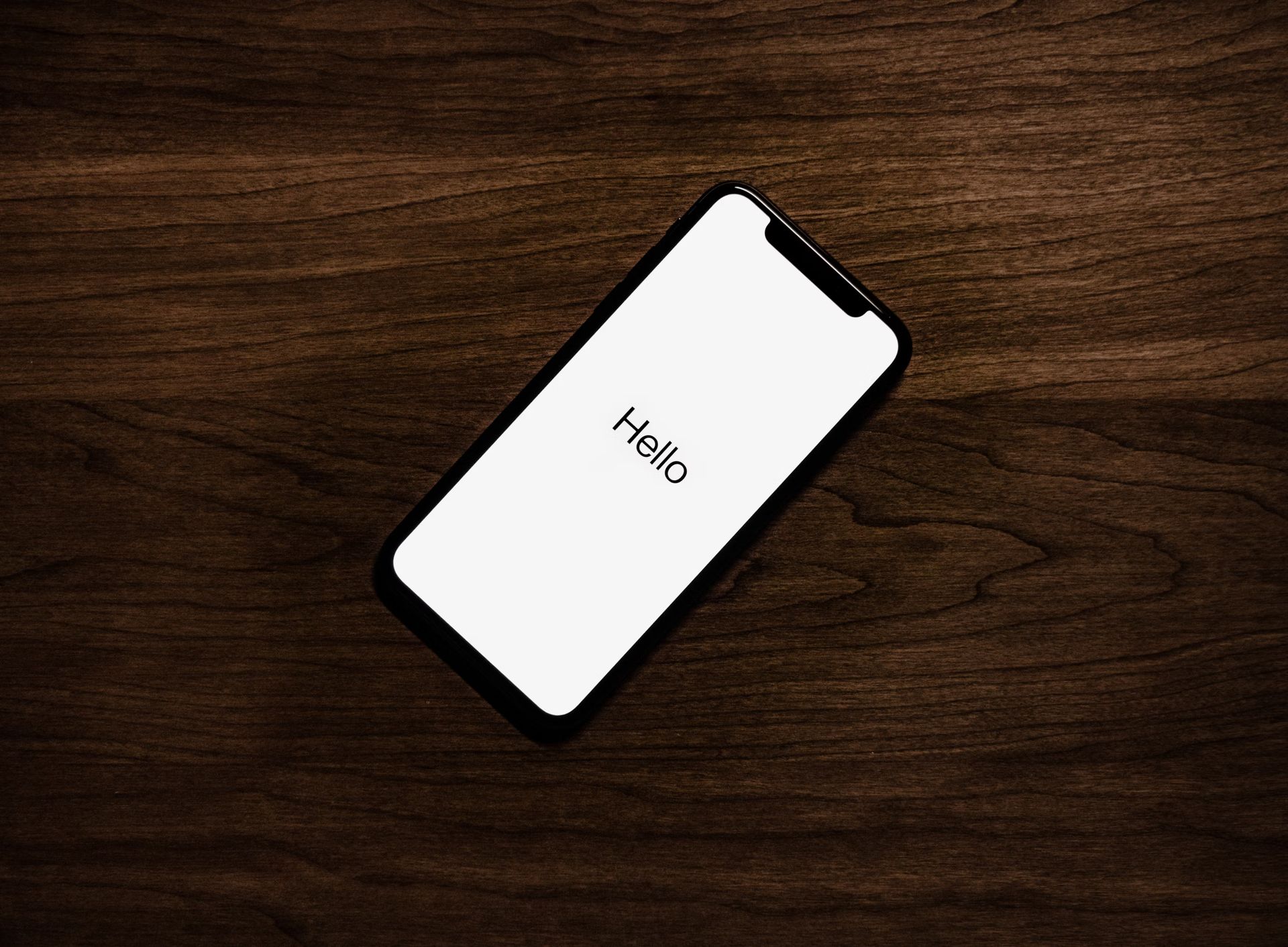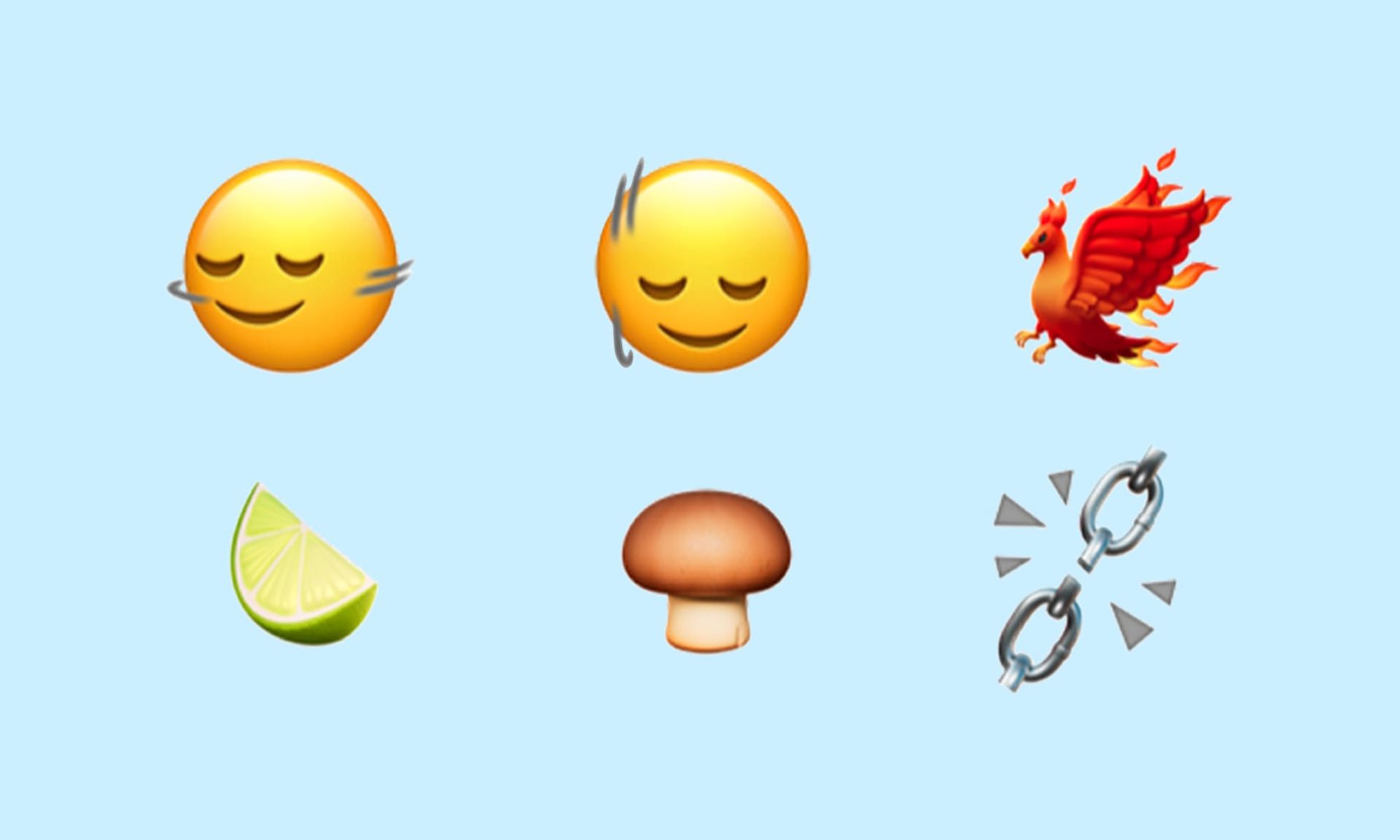Know this before using iOS alternative app stores

This update marks a significant shift for Apple, as it now supports iOS alternative app stores. For the first time, this enables iPhone users to download applications from sources other than the Apple App Store as the EU has pressured Apple to allow iOS sideloading. With the release of iOS 17.4 in the European Union, Apple has introduced its first operating system update that aligns with the Digital Markets Act‘s regulatory requirements.
This feature is exclusively available within the EU, and Apple has, for the first time, outlined the methods it employs to enforce this geographical restriction. Interestingly, it has also been revealed that any alternative app marketplaces previously installed on a device will cease to function if the user spends an extended period outside the European Union.
In a recent support document, Apple clarified that the access to these alternative app marketplaces is specifically designed for customers residing in the European Union, emphasizing the company’s commitment to complying with regional legislation while offering users more flexibility in app sourcing.
Apple stipulates that to be deemed eligible for utilizing iOS alternative app stores under the new system, your Apple ID must be registered to one of the EU member states, including Austria, Belgium, Bulgaria, Croatia, Cyprus, Czechia, Denmark, Estonia, Finland, France, Germany, Greece, Hungary, Ireland, Italy, Latvia, Lithuania, Luxembourg, Malta, Netherlands, Poland, Portugal, Romania, Slovakia, Slovenia, Spain, and Sweden. Furthermore, it is imperative that you are physically present within the European Union, as the device conducts geolocation checks to verify this, ensuring your precise location remains undisclosed to Apple’s servers. This 17.4 update marks a significant shift for Apple, as it now supports iOS alternative app stores (Image credit)
This 17.4 update marks a significant shift for Apple, as it now supports iOS alternative app stores (Image credit)
Provided your Apple ID is associated with one of the specified countries and you are located within the EU, you will gain access to the app marketplace features. This includes the ability to install an iOS alternative app store via a web browser, enabling you to download applications from sources beyond the Apple App Store.
Apple also highlights a critical aspect of maintaining your eligibility: it is subject to change based on your location. Although there is a ‘grace period’ that accommodates short-term travel outside the EU, extended stays could result in the revocation of your access to these app marketplaces. The duration of this grace period, however, remains unspecified by Apple.
Apple EU fine challenges App Store’s dominance
Under these conditions, users are hindered from installing new iOS alternative app stores, and any applications previously acquired from such alternative marketplaces will be incapable of receiving updates. The only recourse for users is to either revisit a location deemed eligible by Apple or to remove the application and procure a substitute from the Apple App Store.
This scenario introduces a potential dilemma for customer support and may serve as a deterrent for third-party developers considering participation in the third-party app store ecosystem. As of the current moment, although there have been announcements regarding the availability of alternative app marketplaces, none are actually operational.
It’s important to note that these provisions apply exclusively to the iPhone. The iPad operating system, iPadOS 17.4, does not include support for alternative app stores, as the iOS App Store is the only digital marketplace identified by EU law as a significant gatekeeper requiring regulatory compliance.
What are iOS alternative app stores?iOS alternative app stores represent a new category of application available to iPhone users, particularly within the European Union, where regulations now permit the downloading of such marketplaces directly from the developers’ websites. These alternative marketplaces offer users the ability to install apps on their iPhones, functioning alongside the traditional Apple App Store.
To ensure the integrity and safety of applications available through these alternative platforms, a Notarisation process is in place. This process verifies that each app adheres to basic platform integrity standards. However, the responsibility for app review and compliance with specific policies rests with each alternative marketplace, allowing for a variety of standards based on the marketplace’s own guidelines.
Despite the integrated nature of iPhone, iOS, and the App Store—engineered to safeguard user security, privacy, and provide a seamless user experience—downloading apps from iOS alternative app stores might lead to a different user experience. Certain functionalities, particularly those related to Apple’s ecosystem, such as In-App Purchases through Screen Time restrictions, purchase sharing via Family Sharing groups, and the Ask to Buy feature, may not operate as they do when apps are sourced from the Apple App Store.
This is because these features are tightly integrated with Apple’s proprietary systems, which are not involved in transactions made through alternative marketplaces. Nevertheless, features like Screen Time, parental controls, and Spotlight search retain their functionality, upholding Apple’s standards for security, privacy, and safety.
 iOS alternative app stores represent a new category of application available to iPhone users (Image credit)
iOS 17.4 Sideloading is only available in EU
iOS alternative app stores represent a new category of application available to iPhone users (Image credit)
iOS 17.4 Sideloading is only available in EU
The feature of sideloading apps with iOS 17.4 is specifically available within the European Union. Contrary to traditional sideloading, the current framework permits only the use of third-party app stores, none of which are operational at present. Users curious about the process of accessing these alternative marketplaces may wonder about the method of downloading such apps. The avenue for obtaining these alternative app stores is directly through the developers’ websites, rather than from the Apple App Store itself. This approach indicates that, despite opening up to alternative marketplaces, Apple maintains a degree of oversight in the process.
New iOS 17.4 featuresThe update encompasses a multitude of enhancements and adjustments, demonstrating that it’s not solely focused on the introduction of iOS alternative app stores:
- Alternative payment options (EU):
- Apps can use alternative payment methods.
- Three percent discount for developers using alternative payment options.
- Direct in-app purchases or links to secure payment providers allowed.
- Third-party browser updates (EU):
- Users can select default browsers.
- Alternative browser engines permitted.
- NFC access (EEA):
- Third-party payment apps and banks can use NFC for contactless payments.
- Users can set default payment providers.
- Web apps (EU):
- Progressive Web Apps restrictions lifted.
- WebKit required for Home Screen Web Apps.
- Gaming app changes (worldwide):
- Streaming game apps allowed on the App Store.
- Mini-games, chatbots, and plug-ins now support in-app purchases.
- New emoji:
- Introduction of new emoji characters.
- Messaging with Siri:
- Option to set Siri to read messages in specific languages.
- Podcasts and music:
- “Listen Now” tabs renamed to “Home.”
- Podcasts now offer transcripts.
- Music recognition:
- Identified songs can be added to Apple Music.
- New iMessage security protocol:
- Introduction of PQ3 protocol for iMessage.
- iPhone 15 battery health:
- Battery interface changes.
- Support information updated.
- Stolen device protection:
- Enhanced security options.
- Stopwatch live activity:
- Stopwatch features live activity display.
- Call identification:
- Enhanced call identification.
- Messages for business:
- Businesses can provide transaction updates.
- Apple TV app:
- Improved “How to Watch” section.
- App Store:
- Purchase history now available.
- Clock widget:
- Addition of City Digital Clock widget.
- Apple Cash virtual card numbers:
- Virtual card number generation for Apple Cash users.
- Real-time Apple Card, Apple Savings, and Apple Cash Budget app integration:
- Third-party budget apps get real-time transaction updates.
- Hand gesture reactions in video apps:
- Option for developers to disable hand gesture reactions.
- Hey Siri:
- Option to activate Siri using “Siri” instead of “Hey Siri.”
- CarPlay instrument cluster update:
- Apple Maps integration in supported vehicles.
- Next-generation CarPlay support:
- Introduction of new CarPlay apps and features.
- Bug fixes:
- Fixes for contact images and Dual SIM issues.
- Security updates:
- Fixes for vulnerabilities, including actively exploited ones.
In iOS 17.4, users will discover a delightful array of new emoji characters, adding fresh expressions and symbols to their messaging repertoire. Among the additions are vibrant representations such as a lime, an enticing edible brown mushroom, a majestic phoenix, and even a symbolic broken chain. Furthermore, users will find animated gestures including a vertical head nod for affirmation and a horizontal head shake for negation.
 New iOS 17.4 emojis (Image credit)
New iOS 17.4 emojis (Image credit)
Additionally, this update introduces a captivating range of 18 people and body emoji variants, now offering the flexibility to face in either direction, enhancing the diversity and inclusivity of digital communication. Notably, these expressive additions are part of the Unicode 15.1 update, officially sanctioned in September 2023.
Featured image credit: Apple
